

Table of Contents
ToggleIntroduction to Custom kitchen V/S Off-The-Shelf: Cost Comparison
When it comes to designing and creating your dream kitchen, you’re faced with a choice: do you go for a custom-built kitchen tailored to your exact specifications, or do you opt for a ready-made, off-the-shelf kitchen from a store? While both options have their merits, it’s no secret that building a custom kitchen tends to come with a higher price tag. But why is this the case? In this article by Mettas Lifestyle, we’ll delve into the factors that contribute to the higher cost of building a custom kitchen compared to buying one off the shelf.
1. Personalization and Uniqueness

One of the primary reasons custom kitchens are more expensive is the level of personalization and uniqueness they offer. When you opt for a custom kitchen, you have the freedom to choose every aspect of the design, from the layout and materials to the finishes and hardware. This level of customization requires specialized design and craftsmanship, which naturally come at a premium.
2. Quality of Materials

Custom kitchens often use higher quality materials compared to mass-produced off-the-shelf options. Custom cabinets, countertops, and fixtures are often made from premium materials that are built to last. These materials not only look and feel better but also contribute to the longevity and durability of your kitchen. While off-the-shelf kitchens can be cost-effective, they may compromise on the quality of materials to keep prices down.
3. Skilled Craftsmanship
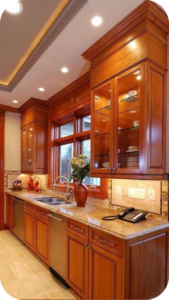
Craftsmanship is a cornerstone of custom kitchen construction. Skilled artisans and craftsmen meticulously build and assemble each component of a custom kitchen to ensure precision, functionality, and beauty. This level of attention to detail requires time, expertise, and effort, all of which contribute to the higher cost.
4. Labor and Expertise
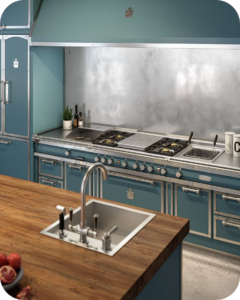
Custom kitchen projects often involve a team of experts, including designers, carpenters, electricians, plumbers, and more. Coordinating these professionals to work seamlessly together requires careful planning and management, which can drive up the overall cost of the project. Off-the-shelf kitchens, on the other hand, typically come with simpler installation processes.
5. Design Complexity

Custom kitchens can feature intricate designs, unique layouts, and specialized features that cater to your specific needs and preferences. This complexity requires thorough planning and engineering to ensure everything fits and functions as intended. The design phase for custom kitchens is more involved and may involve multiple revisions, consultations, and adjustments, all of which contribute to the overall cost.
6. Time-Intensive Process

Building a custom kitchen is a time-intensive process that requires patience. From the initial design consultations to the final installation and finishing touches, the timeline for a custom kitchen can be longer compared to buying an off-the-shelf option. This extended timeline may lead to increased labor costs and other expenses.
7. Limited Economies of Scale

Manufacturers of off-the-shelf kitchens benefit from economies of scale, as they produce a large volume of the same design. This allows them to reduce production costs and offer more competitive prices. Custom kitchen projects lack this advantage, as each project is unique and tailored to an individual’s specific requirements, which can result in higher costs for materials, labor, and production.
8. Custom Features and Accessories

Custom kitchens often come with specialized features, accessories, and storage solutions that cater to your lifestyle and needs. Whether it’s a built-in wine rack, a hidden spice cabinet, or a custom pantry organization system, these unique elements contribute to the overall cost of the project.
9. Site-Specific Considerations

Custom kitchens are designed to fit seamlessly into your home’s existing layout and architecture. This may require adjustments to accommodate structural elements, plumbing, and electrical systems. Adapting the design to these site-specific considerations adds complexity and cost to the project.
10. Attention to Detail

Custom kitchens are known for their meticulous attention to detail. Every aspect of the design is carefully thought out and executed to create a cohesive and visually appealing space. This dedication to detail extends to the selection of hardware, finishes, and materials, all of which contribute to the overall cost of the project.
In conclusion, while building a custom kitchen offers unparalleled personalization, quality, and uniqueness, it also comes with a higher price tag compared to buying an off-the-shelf option. The factors that contribute to the increased cost include personalization, quality materials, skilled craftsmanship, labor and expertise, design complexity, time-intensive processes, limited economies of scale, custom features and accessories, site-specific considerations, and meticulous attention to detail. Ultimately, the decision between a custom kitchen and an off-the-shelf one depends on your priorities, your budget, and the vision you have for your ideal kitchen space.
Related topics you must read: Why Are Stainless Steel Kitchen Appliances So Popular?

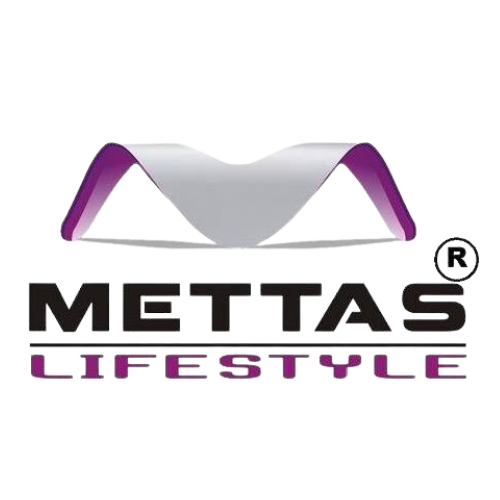
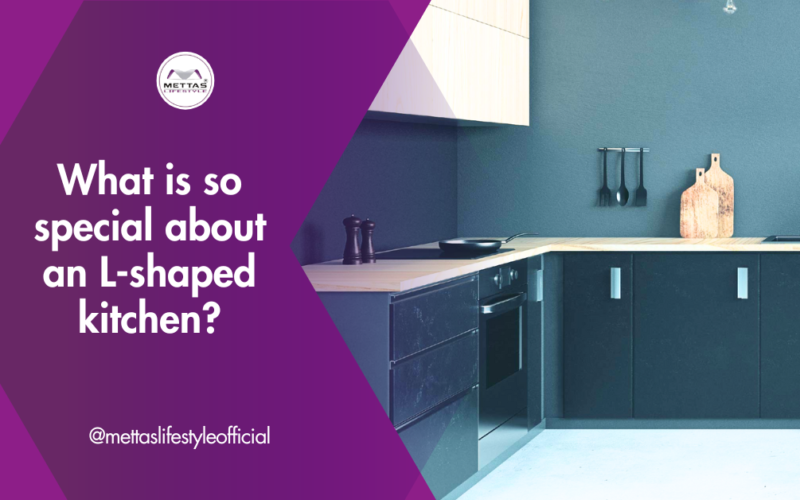
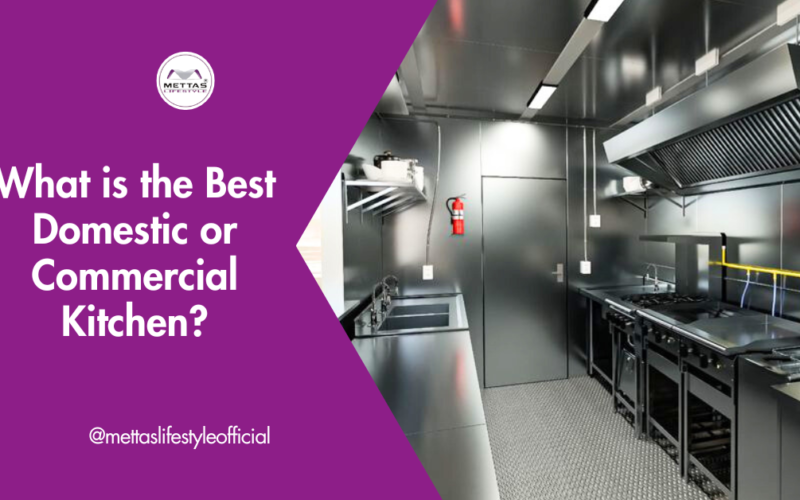
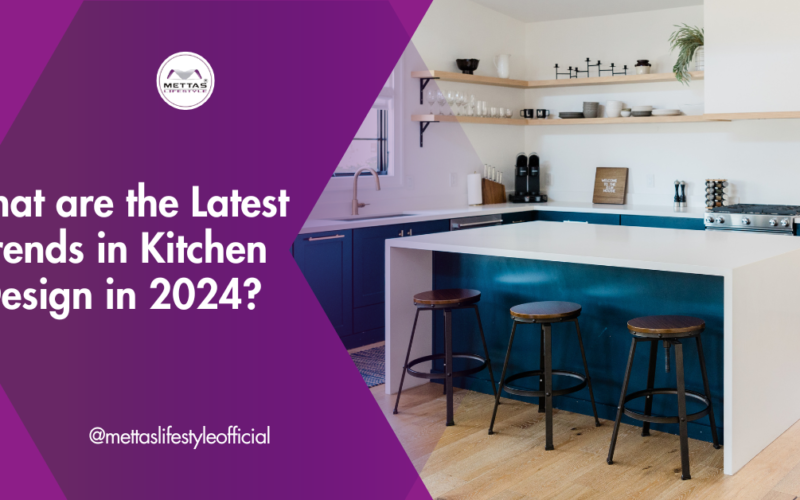
2 comments. Leave new
[…] Related topics you must read: Why Is Building a Custom Kitchen More Expensive Than Buying One Off the Shelf? […]
[…] topics you must read: Why Is Building a Custom Kitchen More Expensive Than Buying One Off the […]